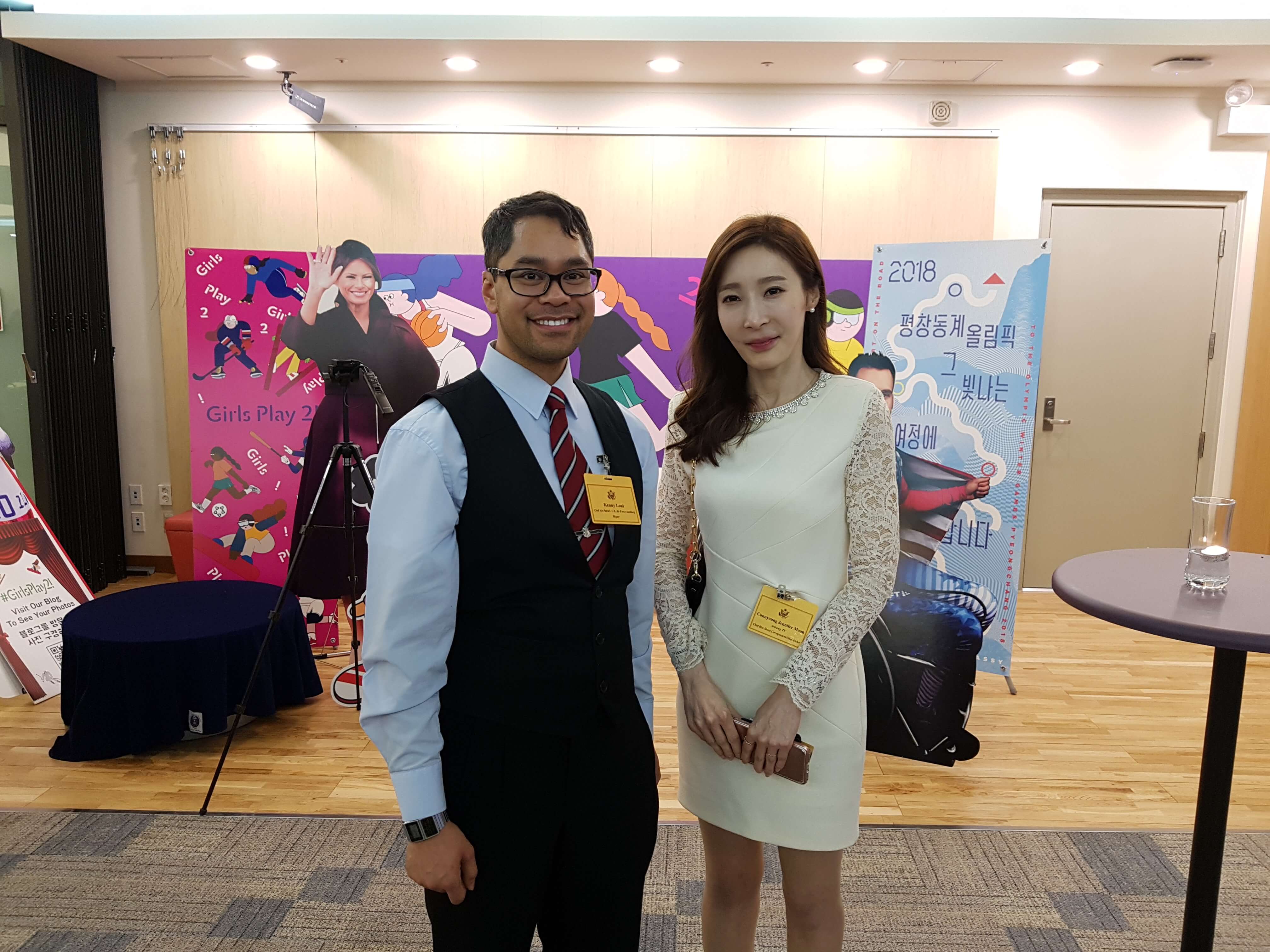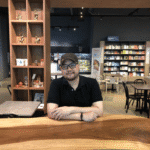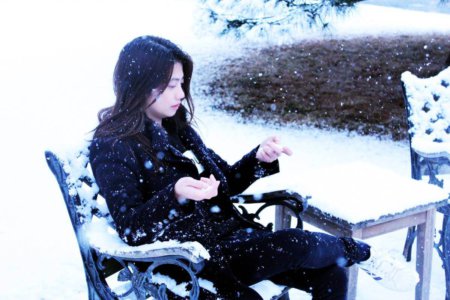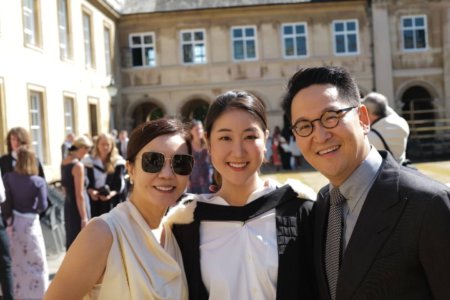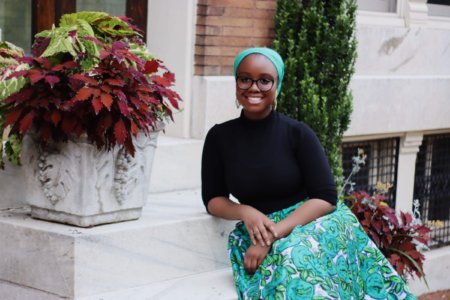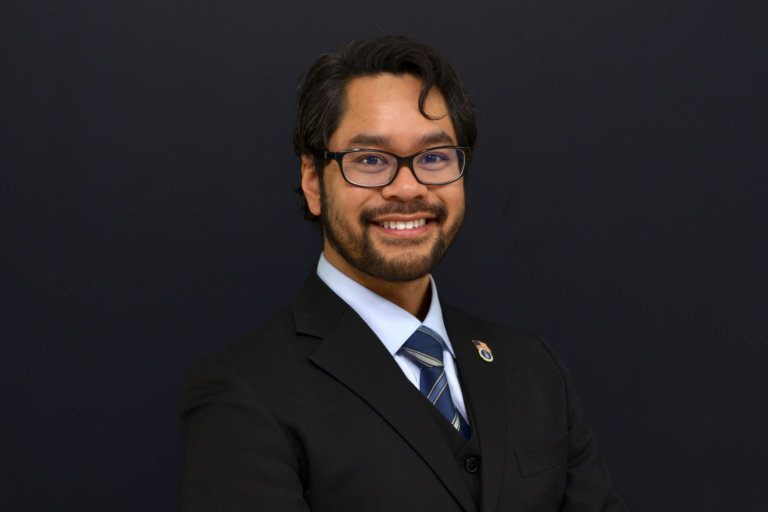
Kenny Loui grew up in San Francisco and lived there most of his life. After graduating from uni, the expectation from his family was for him to continue living and working in the US.
That didn’t happen. In his second year of graduate school, he studied abroad in Japan for a year and then found himself in South Korea for another year as a Fulbright Scholar.
He loved his experience so much that he decided to stick around. One year became two, two became three and so on. He ended up working in South Korea as a professor of police administration and then went on to teach international legal studies.
“I did my dissertation research on bullying prevention in Korea,” he says. After graduation he stuck around for a few years working as a professor of police administration and international legal studies. Loui recently moved back to the US to continue his teaching career as a professor of criminal justice at Loras College.
Today, he misses everything about South Korea dearly. We caught up with Loui to learn more about why the “land of the morning calm” captivates him so:
Can you tell us more about your teaching experience in South Korea?
My time teaching in South Korea was a worthwhile experience full of trials and tribulations, but most important of all, full of precious memories. While teaching at the Catholic University of Daegu, I was also studying for my PhD in Criminal Justice at Nova Southeastern University. I was juggling work and grad school on both sides of the Pacific Ocean!
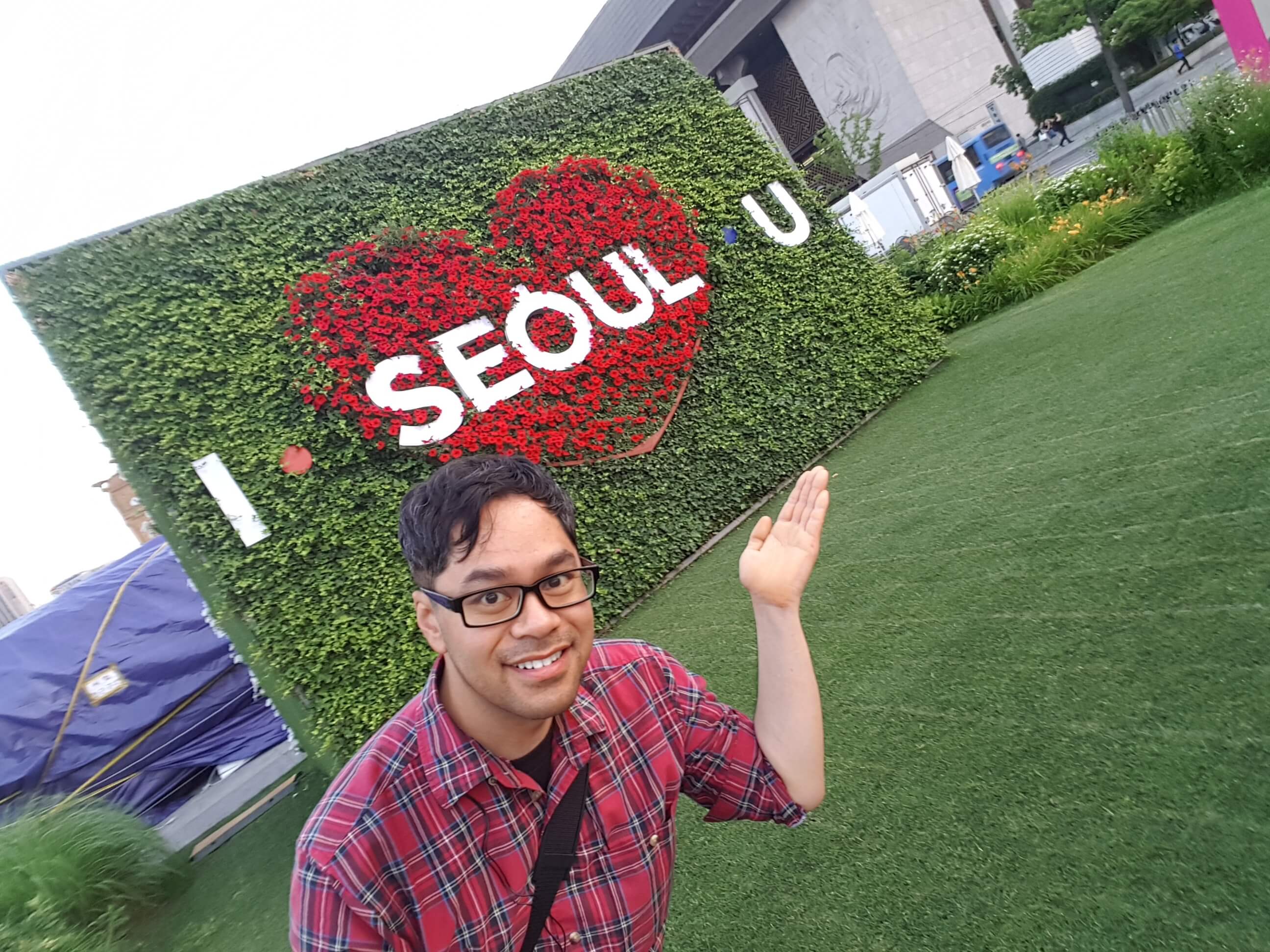
While teaching at the Catholic University of Daegu, he was also studying for his PhD in Criminal Justice at Nova Southeastern University. Juggling all this through different timezones. Source: Kenny Loui
During that time, I also served as an advisor for the US Embassy’s Alumni-Youth Leadership Project — a youth diplomacy programme for Korean high school students. I’m an only child, I have no brothers or sisters. That all changed after my arrival in South Korea. Many of my students became like my little brothers and sisters.
Can you walk us through your journey co-founding the International Graduate School and International Legal Studies Programme at Namseoul University?
When I first started working at Namseoul University, the Dean of International Initiatives had a vision of promoting diversity and an international presence on the uni campus, both in terms of students and faculty members. The mission was to inspire students through innovative and exceptional education.
I was handpicked to help make that dream a reality. Since so many people were involved in the process of creating the International Graduate School (IGS) and International Legal Studies Programme — one of the five academic programmes housed under the IGS — there were oftentimes disagreements along the way.

Safe to say, Loui’s experience in South Korea had him head over heels for the country. Source: Kenny Loui
Overall, it was a team effort and I could not have done it without the support, effort, and encouragement of my colleagues at Namseoul University. Needless to say, the creation of this programme was a three-year endeavour that put my leadership, management and strategic planning skills to the test, which ultimately yielded success.
What are your top three favourite things about South Korea?
First and foremost, the people. The people I have met there were so kind and hospitable. They welcomed me not only into their homes but also into their hearts. Many of the people I met there I consider members of my extended family.
Second, I love pop culture! I am, for all intents and purposes, a K-pop “otaku” (a Japanese term for fan). I love Korean pop music as well as Korean dramas, in particular the romantic comedies and Korean webtoons. So much so, that I’m currently writing my own webtoon series “Life Lessons from a UFO Catcher: An Autobiographical Manga,” which chronicles my adventures in Korean arcades and learning life lessons along the way.
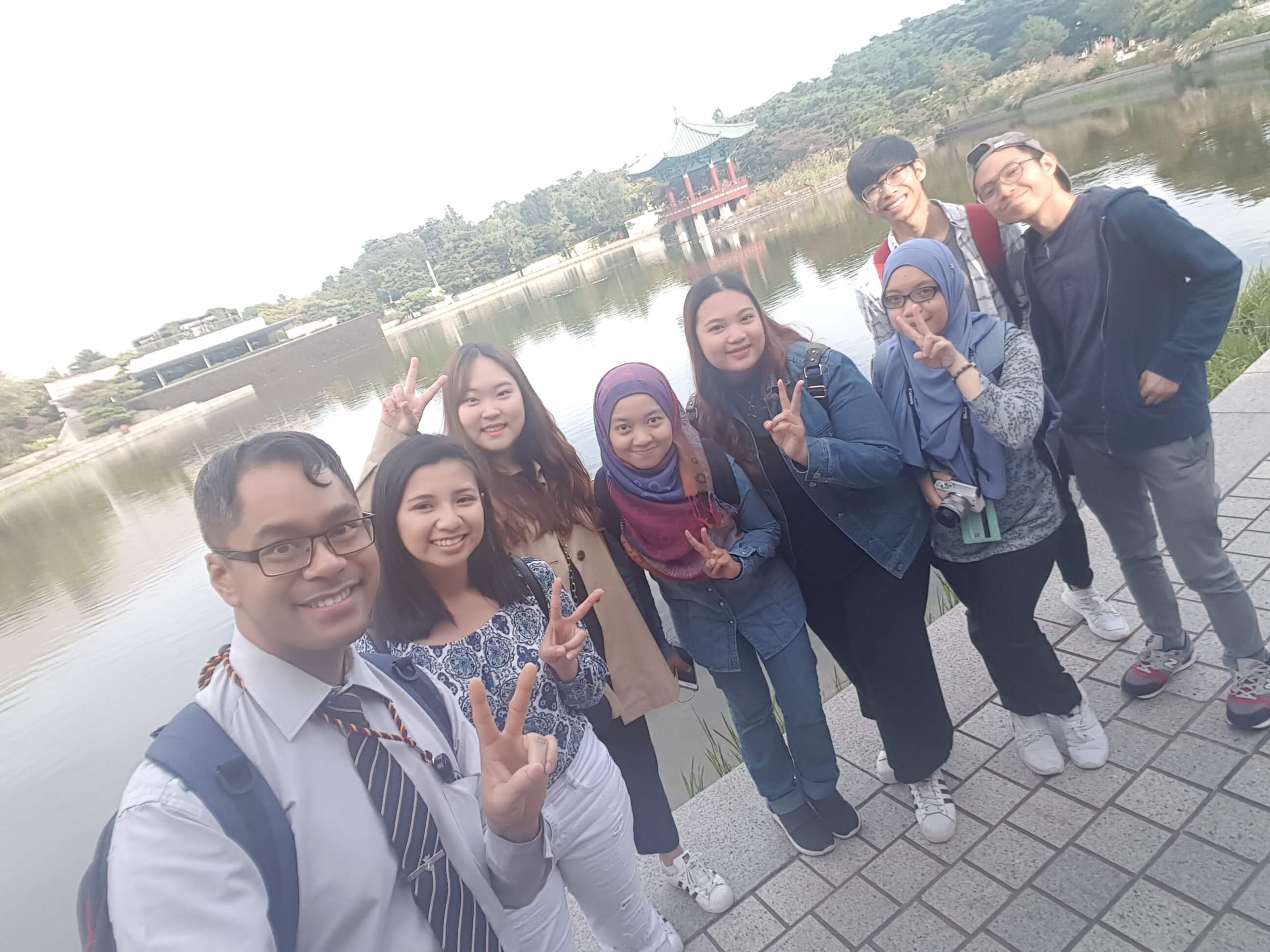
As a single child, Loui arrived to South Korea alone. However, when he left, he felt he had many sisters and brothers whom he made out of his students. Source: Kenny Loui
Third, my favourite thing is the plethora of arcades in Seoul. Arcades, which had their heyday in the 80s and 90s, are an “endangered species” in the US. However, in South Korea and in Japan, they are very much alive and thriving. Besides classic video games, I am a huge fan of crane games. I’ve lost count of how many plush dolls, figures or random thingamabobs I’ve “rescued” from arcade games.
Why sparked your interest to study bullying?
My academic major is criminal justice with an emphasis on juvenile justice and delinquency. In particular, I took a keen interest in the topic of school bullying due in part to the fact that I was a victim of myself in my younger days. Growing up with that experience only motivated for me to choose it as a topic for my doctoral dissertation research.
Through my research, I am, in a sense, taking a stand against the bullies that I wasn’t able to stand up to when I was younger. To this day, I continue to be involved in youth character development and bullying prevention.
What are some of the notable differences between teaching in South Korea versus teaching in the US?
One of the things I noticed teaching in a Korean classroom in the style of learning Korean students are used to, is having the instructor lecture for most of the entirety of the class period. It’s a very one-sided teaching method with very little interaction between teacher and student.
Although this teaching style is not uncommon in American classrooms, more and more educators are putting an emphasis on a student-centric class environment. That’s what I tried to do when teaching in Korea, utilising the “flipped classroom” approach by using several interactive activities for students to take a lead role in their education.
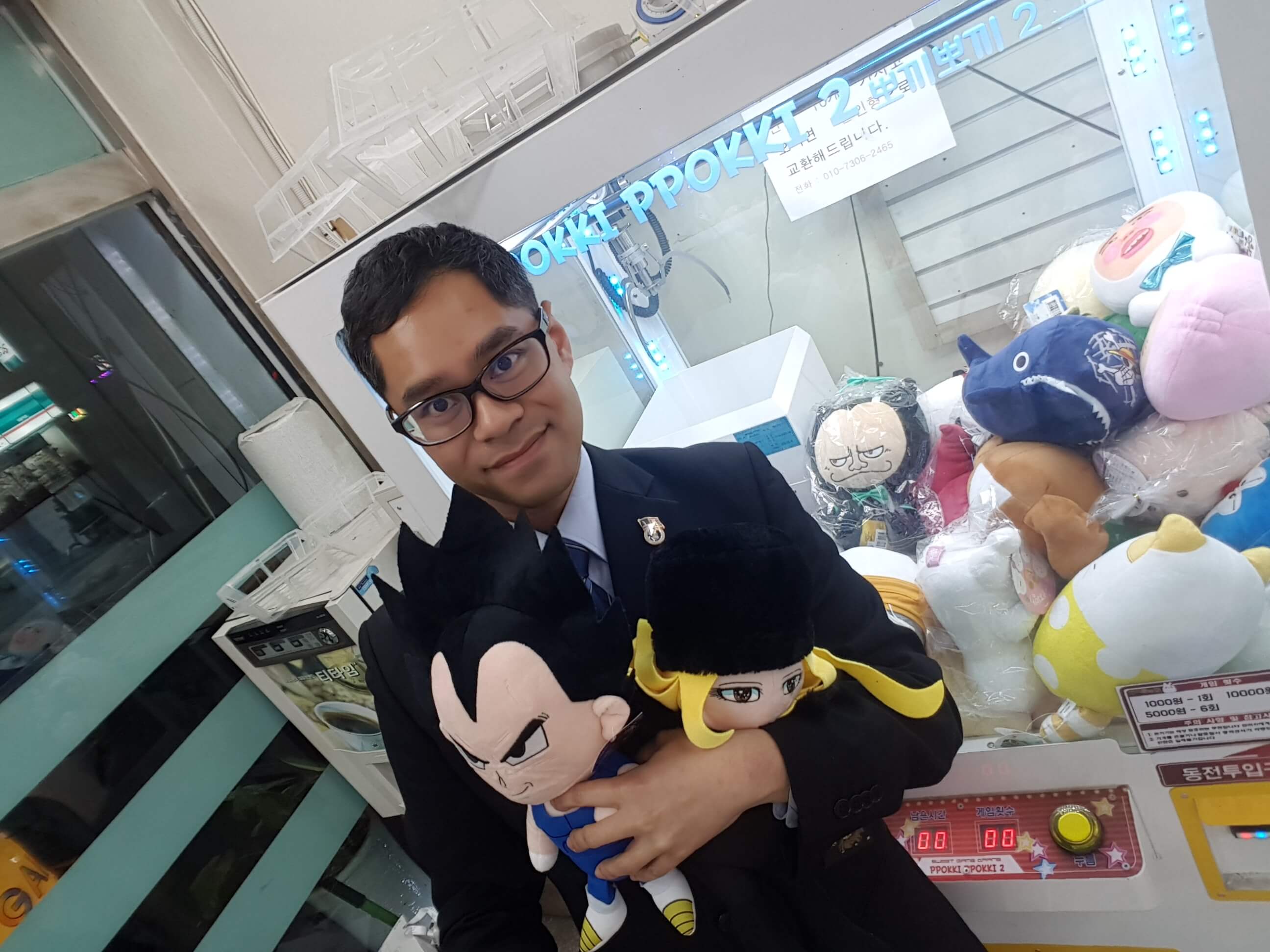
At the arcade after work is where Loui would “rescue” dolls and random objects from the crane machines. Source: Kenny Loui
What are your top three favourite locations in Korea?
My three favourite locations are Seoul, Daegu and Busan. I have many fond memories from each of those cities. For more specific locations, I would say Cheonggyecheon Stream, where I often went walking to clear my mind and admire the peaceful tranquility of the stream. Yongsan I-Park Mall was another favourite spot because it has two of my favourite stores, Animate and the Youngpoong Bookstore. Lastly, the ZZang Games Arcade in the Hongdae District is another of my top favourite places.
What skills do you wish you had learned more during uni?
If I could go back in time, I wish I would have taken Japanese or Korean language classes. I ended up learning the two when I started living in both those countries, but I wish I studied them sooner. It would probably have helped me to communicate with ease and adapt quicker. That being said, my Japanese and Korean language skills are pretty decent.
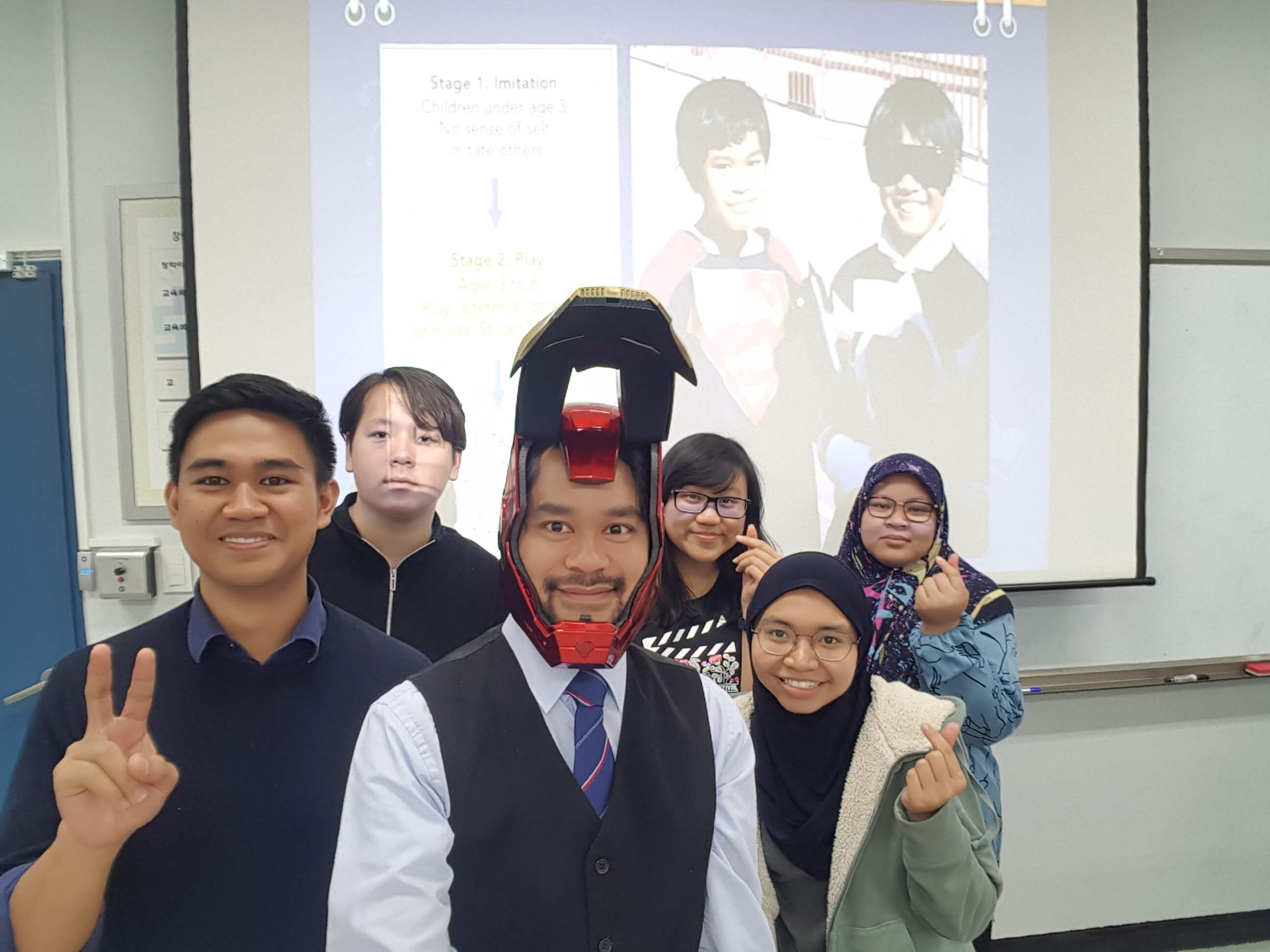
Being a bullying victim from his younger days, led to Loui writing about it for his dissertation. He now works in bullying prevention to help other kids with their struggles. Source: Kenny Loui
Do you have any advice for students looking to study abroad?
Besides keeping up with their studies and learning a new language and culture, I would encourage students to take their education beyond the classroom. Explore all the wonders South Korea has to offer while developing strong relationships with their classmates, families, and so forth.
In doing so, you may end up cultivating true friendships and family-like ties that could last a lifetime. I also highly recommend visiting Nami Island and Jeju Island, you won’t regret it!




